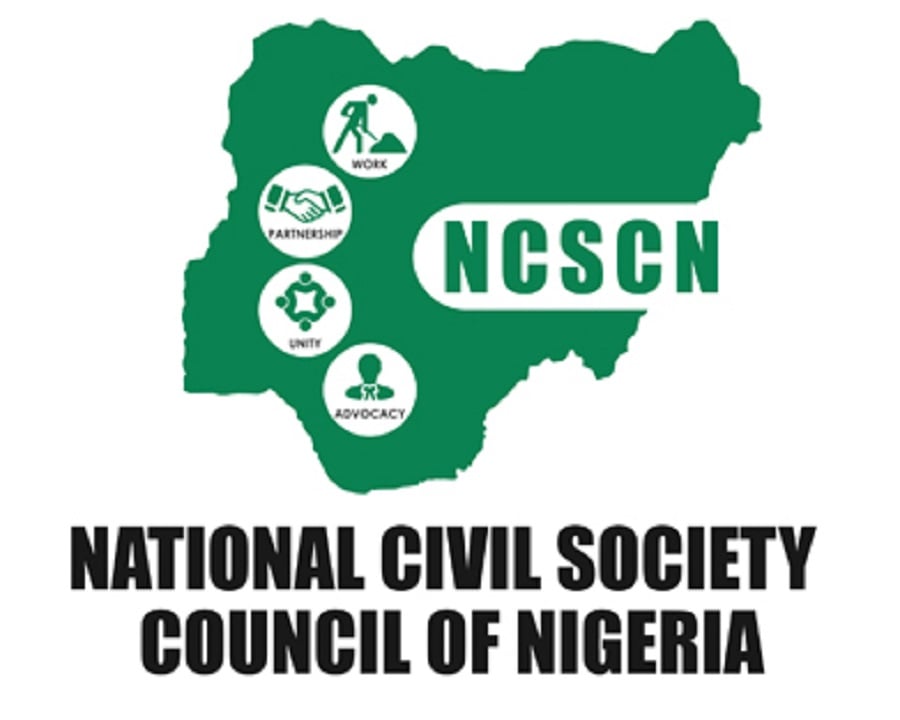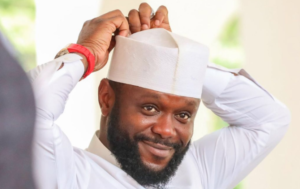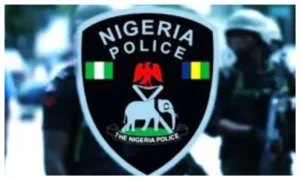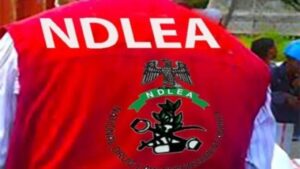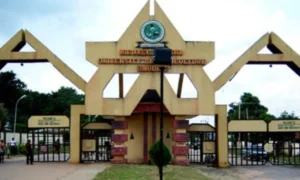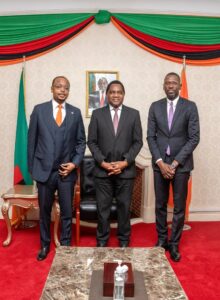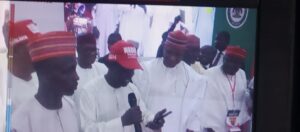The National Civil Society Council of Nigeria (NCSCN) has dismissed allegations of bias and victimisation in the Nigerian Communications Commission’s (NCC) 2025 staff promotion exercise. In a statement from its Executive Director, Blessing Akinlosotu, the Council urged protesting staff to use internal complaint channels rather than launching negative media campaigns against the leadership of the NCC. NCSCN described the controversy as the work of internal saboteurs attempting to discredit the management under Executive Vice Chairman, Dr. Aminu Maida.
According to the Council, petitions and media reports prompted an independent investigation into the promotion process. The inquiry involved reviewing grievances, speaking with affected staff, and meeting with NCC management. The Council stated that no deliberate marginalisation or breach of the federal character principle was found. Instead, it revealed that the outcome reflected vacancy limits, institutional guidelines, and standard public service procedures.
The Council explained that the promotion exams were open to all eligible employees without discrimination. Interview panels consisted of representatives from all six geopolitical zones and external observers, including officials from the Federal Character Commission. While some qualified staff could not be promoted, this was attributed to limited available positions rather than unfair treatment. NCSCN acknowledged minor administrative issues such as scheduling challenges and long exam hours, but stressed these were not signs of targeted victimisation.
Akinlosotu appealed to aggrieved staff to embrace dialogue and avoid further confrontation, encouraging the NCC to show leniency and avoid dismissals linked to the dispute. She warned that civil society groups must not be used as tools for personal grudges or internal power struggles. The media was also advised to avoid sensational reporting and verify facts to protect the integrity of public institutions.
NCSCN emphasised its commitment to justice and transparency but insisted that this matter should now be resolved and put to rest. The Council maintained that institutions must be strengthened through constructive engagement, not attacks that fuel division or weaken public trust.
